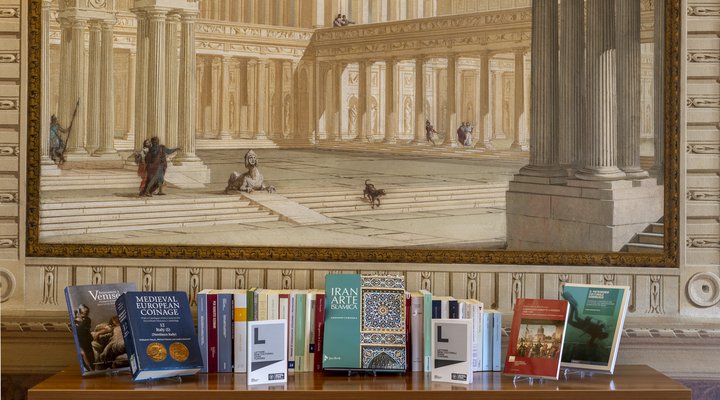History
DIUM
History
On 1st January 2016 the humanistic departments of the University of Udine got reorganised, splitting in two new entities with different orientation and composition: while the first one was characterised by its strong vocation for Linguistics and Pedagogy, the other one developed around the most classic humanistic disciplines, creating thus – symbolically, right at the beginning of the year – the Department of Humanities and Cultural Heritage (Dipartimento di Studi Umanistici e del Patrimonio Culturale – DIUM), last heir of an illustrious academic tradition dating back to 1980, when the course in Cultural Heritage, the first one of its kind in Italy, was activated.
With its eight sections, fifteen laboratories (now sixteen) and four research centers (now five), DIUM aimed at operating within the broad spectrum of basic humanistic disciplines – Archaeology and History of Art, Philosophy, History, Geography, Anthropology, Philology, Linguistics, without forgetting arts related to the new media –, by giving its approach a double and complementary direction: on the one hand, the strong will to continue with the preservation and promotion of our cultural heritage through the development of the heritage science and the potential offered by the digital humanities; on the other, the need to go beyond, to find new spaces and targets for research and to promote a more interdisciplinary approach.
Staying true to its priorities, DIUM evolved by focusing its efforts on research, as well as teaching. Students are offered a comprehensive and integrated preparation, starting with four First Cycle Degree courses in Humanities, Cultural Heritage, Performing Arts and Cultural Tourism, and continuing (thanks to a rich network of partner Universities, in Italy and abroad) with seven Second Cycle Degree Courses, plus two Postgraduate and four PhD courses – not to mention further educational activities such as master classes, winter and summer schools.
Its activities in the field of the so-called Third mission are very intensive too – but this comes as no surprise, since we are talking about the cell of a university, founded by citizens' initiative, which has always maintained a strong connection with the territory. Every year, teachers and researchers contribute to the organization of hundreds of events based on the valorisation and spreading of knowledge, from international conferences to the livelier city festivals, engaging strategic institutions like museums, archaeological sites, art galleries and cultural associations.
Research, teaching, promotion of cultural heritage – both tangible and intangible: these are the key words that distinguish the activity of DIUM since its establishment, allowing it to stand out at national and international level. Proof is the number of important achievements of its members, the agreements concluded with the most prestigious scientific institutions worldwide, and the funding granted on a competitive basis for scientific merits, among which the recent recognition of DIUM as a "Department of Excellence" by the Ministry of Education, University and Research (MIUR).





